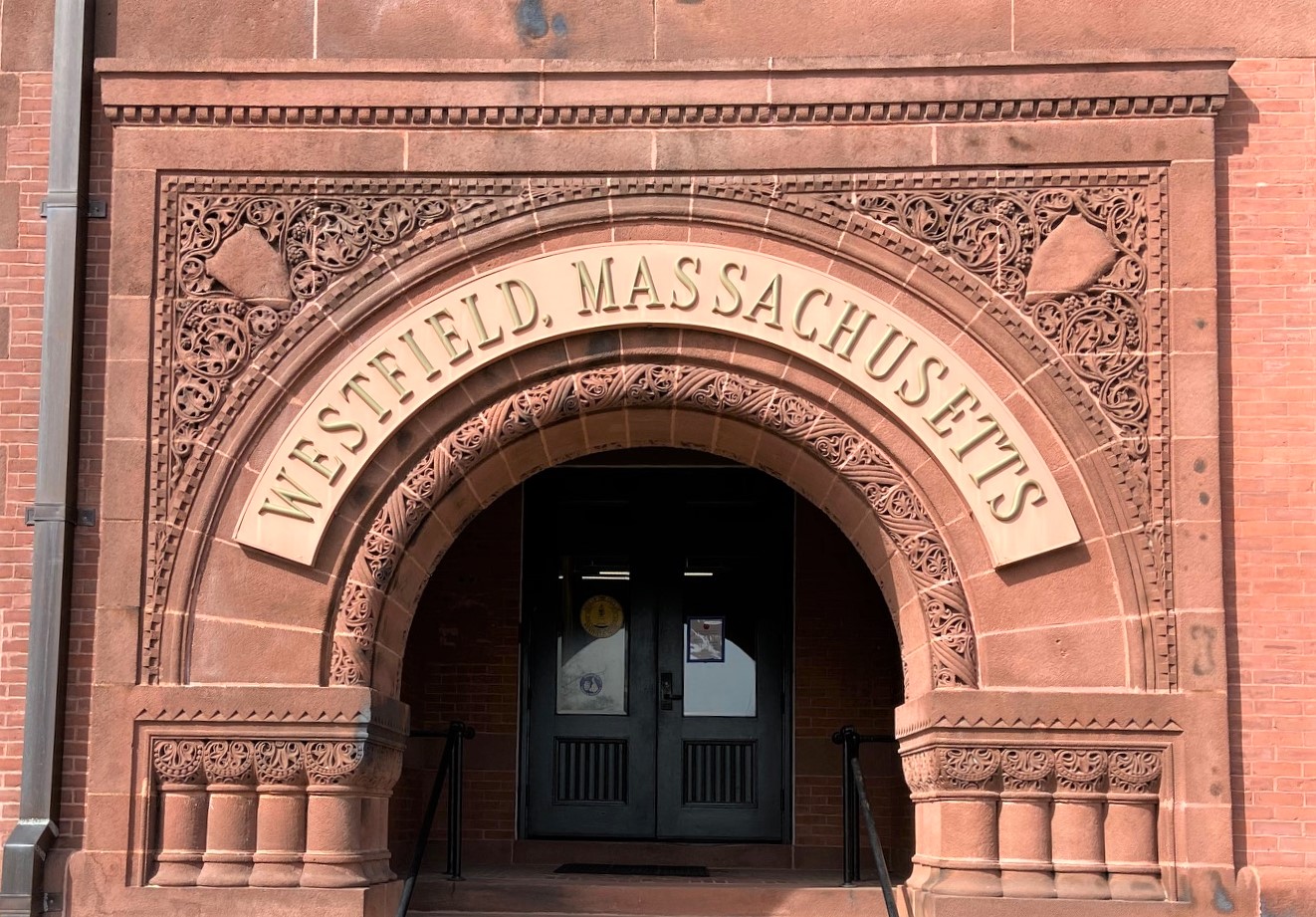WESTFIELD – On June 15, Mike Albert of The Pioneer Valley Trading Co. and Terry Reynolds of T. Reynolds Engineering appeared for a second time before the Planning Board to obtain site plan approval for a marijuana retail, cultivation and processing building and greenhouse operation on Medeiros Way. This time approval was granted with one opposed.
Medeiros Way is zoned in Industrial A, where marijuana retail is allowed by-right. Pioneer Valley Trading Co. signed a Host Community Agreement with the city in December. They were asked to return to the Planning Board after the initial meeting on June 2, with specs for lighting on the building, and more information on the proprietary odor control by FogCo, a misting solution that binds to the scent molecule and renders it scentless. Albert said they would send over the full schematic for the FogCo system.
After Albert detailed the greenhouse plans, Planning Board Chair William Carellas once again asked him if he had no objection to a zero odor requirement.
Albert requested that the same language be used as in a previous permit to a micro-grow shop to be located in Berkshire Industries.
City Planner Jay Vinskey said that there’s a residence not too far away, and the permit states odor detectable by human smell beyond the property line is not permitted, which will be the same as for Pioneer Valley Trading.
Vinskey also responded to a question asked by Planning Board member Jane Magarian at the first hearing and said the Medeiros Way operation is 250 feet from the aquifer.
Board members then looked over the composition of the water and iodine-based mist, and expressed some concern about the impact of long-term contact.
Magarian said if the mist is airborne, wind drift could cause some to fall over the aquifer, and she was still concerned about the toxicity of any chemical out in the open. “You have to understand there’s been a lot of problems up there, and the city has had to spend millions of dollars,” she said to Albert
Albert said on the environmental safety data sheet it was rated 000, which is not easy to get, and if there were any concerns, there would be a one in there. He said it is a very weak iodine solution.
Magarian said under potential acute effects it was rated 000, but under chronic health effects, unknown. She said under personal protection there’s a B, and asked what that means. Albert said B means gloves, A would mean no protection needed.
Planning Board member Rich Salois asked how it would affect the water source, and if iodine was one of those chemicals that doesn’t dissipate.
Planning Board member Bob Goyette said the description describes it as non-hazardous if ingested. “I’m with you, we should aggressively protect the water source,” he said.
Magarian said she would like to have some reassurance that long-term buildup doesn’t occur, that it does dissipate over time. She said it comes in 50 gallon barrels, and asked how much would be used per day.
Albert said it would be used when fans are blowing air out of the greenhouse, once or twice an hour for a short period of time at a liter a minute. He said during winter, herbal spring and late fall, no air would be blowing out of the greenhouse. He also said that it has been used for 30 years in waste and poultry facilities and on pig farms out west. He said the company is currently marketing to cannabis growers, and is changing the name of the product to “cannabuster.”
Planning Board member Phil McEwan said the product is 98 percent water, and .025 iodine. “I’m not worried about it,” he said. The public hearing was then closed, and the site permit granted with conditions, with Magarian opposed.








